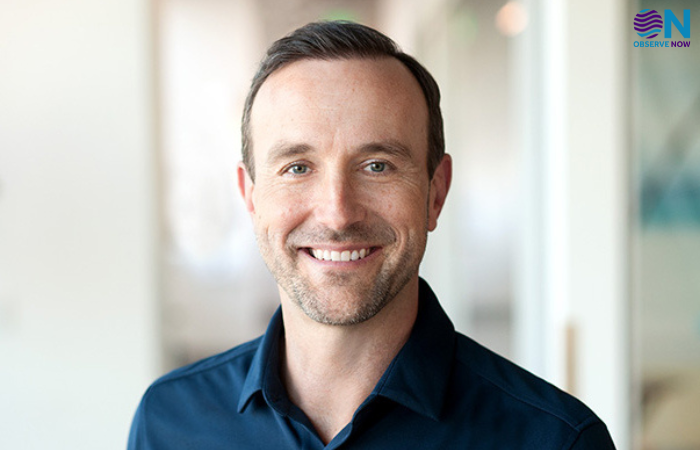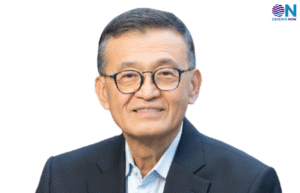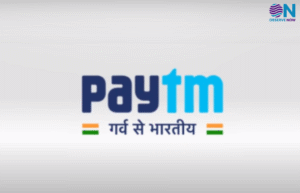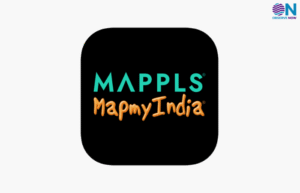Google Cloud CTO Urges Job Seekers to Blend Core Skills with AI Know‑How in New Era

As artificial intelligence transforms the job landscape, Google Cloud’s chief technology officer is advising job seekers to update their approach—without abandoning foundational skills. In a recent Business Insider feature, CTO Will Grannis emphasized that mastering generative AI tools should complement, not replace, essential technical and soft skill sets.
Grannis highlighted that the emergence of multimodal AI—capable of handling text, images, audio and code—has made it crucial for aspiring professionals to think across disciplines. He described multimodality as the “new standard,” enabling more intuitive, cross‑channel interactions, and noted that developers and teams must adapt to this evolving reality.
While AI promises new opportunities, Grannis cautioned that its effectiveness relies on human oversight. He stressed that, as of January 2025, “humans [are] writing the prompts, defining reasoning flows, putting guardrails … supplying the policies and KPIs that will determine the success or failure of AI projects”. As a result, proficiency in prompt design, policy implementation and reasoning remains in high demand.
Grannis also underscored that traditional foundations—such as coding, systems architecture, cloud infrastructure and cybersecurity—remain indispensable. He advised job seekers to build on their established expertise while layering in AI fluency. For example, understanding cloud-native tools and data pipelines ensures they can design AI solutions that scale and align with enterprise operations .
Emphasizing lifelong learning, Grannis recommended that candidates engage with AI platforms—exploring frameworks like Gemini, Vertex AI and advanced language models—alongside pursuing role‑specific certifications. He acknowledged that many professionals may not possess depth in computer science or cloud engineering but encouraged them to leverage hands-on labs and certifications to build credibility.
Soft skills, Grannis suggested, are becoming increasingly vital. Effective collaboration between AI systems and human teams depends on communication, critical thinking and the ability to contextualize AI outputs. Google’s CTO noted that problem‑solving, ethical reasoning and business awareness are as essential as technical aptitude .
To bridge the gap between aspiration and ability, Grannis praised programs like Google Cloud Innovators and skill‑badge initiatives. He recommended job seekers join communities, attend workshops and experiment with real world AI use cases—such as multimodal agents and cloud‑integrated tools—to build portfolios that showcase initiative and practical competence.
Grannis also reiterated Google Cloud’s “collaborative, practical magic” ethos: it’s not enough to focus solely on AI tools. Instead, professionals should explore how AI interconnects with related disciplines—data engineering, DevOps, security, industry‑specific workflows—and build multidisciplinary fluency.
This holistic guidance arrives at a critical juncture. As enterprises increasingly integrate generative AI into operations—from customer service to R&D, they seek technologists who understand both the breakthroughs and the boundaries of the technology. Grannis believes those who can bridge human-centered reasoning, technical execution and ethical governance will stand out.
In an era where AI is becoming “table stakes,” Google Cloud’s CTO sees the opportunity, “AI shouldn’t replace core skills, it should amplify them,” he said, urging job seekers to stay grounded in fundamentals, stay updated with AI trends, and use new tools to enhance, not obscure, their contributions.
















